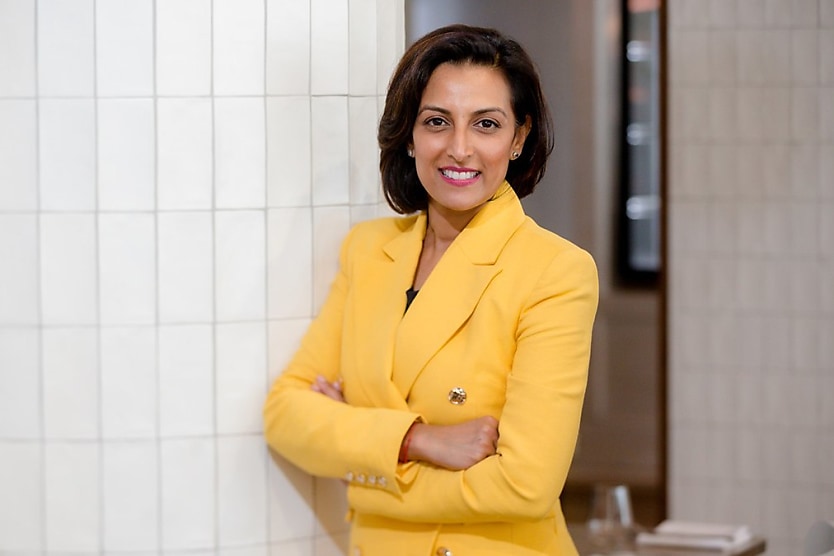When diversity hiring becomes harmful to employees
SHARE THIS ARTICLE

Most leaders understand the business case for diversity and inclusivity in the workplace or at least they say they do. This is borne out in multiple studies including a key McKinsey Report . However, the part that is often missed by decision makers, is that recruiting diversity into workplaces is too often motivated by a perceived need to ‘fill gaps’ they are finding across all levels in the business.
It is absolutely the right move to build a business which incorporates diverse voices and perspectives from across the board, including women, various gender identities and sexual orientations, migrants, Indigenous people, people with a disability, and more.
The question is, are these workplaces and workforces ready to respect and value these differences?
Companies have heeded the messages and many are scrambling to play catch up, to fill the gaps and increase representation often through targets and quotas; for example, recruiting more women into leadership roles, including more culturally and linguistically diverse people in customer roles, but what we’re finding as qualitative researchers is the lack of inclusion, or lack of preparedness to include these people; women for example often have an unsafe experience.
They are often coming into a homogenised, male-dominated team being the first woman or one of very few women in that team. We find when auditing these teams that no preparation has been done by male team members to readily value and respect this woman’s voice and experience. She often has to carve out this space on her own for her voice to be heard and this can be stressful, lower confidence, and can lead to her covering her differences to fit in.
Overall, things can get very programmatic when it comes to DE&I efforts in the workplace; people just often jump to training and awareness, without any follow through on how this learning is being applied to reduce bias in hiring, development and promotion processes. We are finding that people from different diversities are making it through these processes but often face the burden of managing their own inclusion.
What we really advise companies to do is to understand their problem statement from the start.
Is it about attracting and selecting more women into their business? Or is it about attracting, selecting and retaining women who represent the customers or communities the business serves, so women feel valued, respected, treated fairly and can thrive in their careers and lives?
This last statement creates a business, social, and human impact measurement that shows the duty of care an organisation has for women they are attracting.
We also ask companies not to homogenise ‘women’, to create opportunities for all women to be hired and promoted. What we are seeing in Australian companies is that only women from similar educational, socio-economic statuses and backgrounds are advancing into leaders; many women are left behind.
We are seeing an over focus on positive behaviours in DE&I efforts, celebrating high engagement scores, events on belonging and significant days like International Women’s Day; but not enough on the negative behaviours like bullying, harassment, misconduct owning to someone’s gender, culture, age, ability level, etc. We would like to see companies do more on proactive prevention of these harmful behaviours rather than waiting for a person, for example, to experience sexism and racism and have the courage to call it out, before something is done.
In Australia we are seeing more and more whistleblowing, media reports and independent culture reviews because organisations are not providing a safe and respectful environment.
The good news is that many companies are stepping up to doing DE&I from a person-centric approach rather than a risk or business approach. I am currently part of an online Conversations Over a Cuppa series with the Melbourne-based specialty tea brand, T2. The series encourages people, its team members and leaders, to be active allies in the community and think more deeply about their personal role in diversity, equity and inclusivity. The series aims to encourage conversations that celebrate difference to make a difference. What I like about this series is that it encourages truth-telling, for people to share their lived experiences without fear of judgement. This is a fundamental pillar of inclusive spaces.
I would encourage more businesses to start here, to mainstream these inclusive spaces, to listen without judgement to different voices and to act with care to improve someone’s experience of inclusion, year on year, both personally and in the systems at work. We must work together to make a positive change in each other’s lives. Be part of someone’s journey, it will only enrich your own.
Div Pillay is the CEO of MindTribes and co-founder of CDWomen. She is an expert in race and cultural inclusion, backed by behavioural economics, psychology, and qualitative data research methods.
